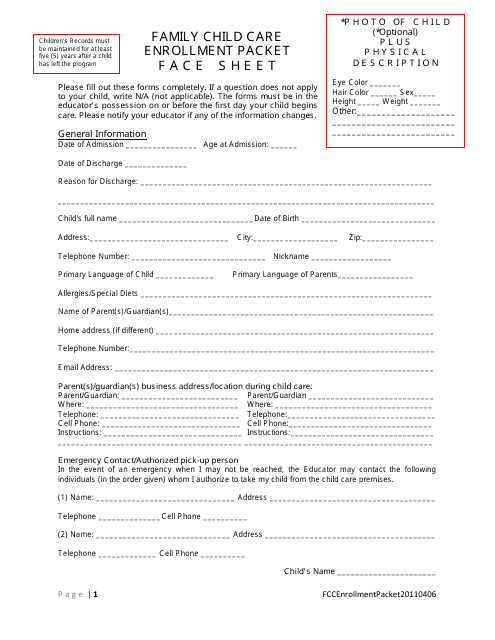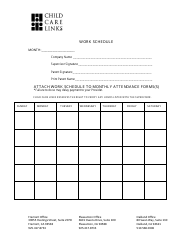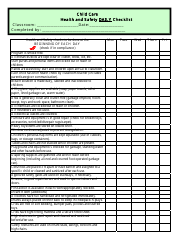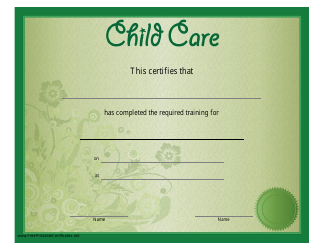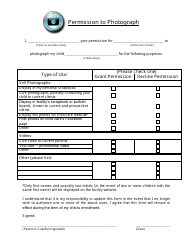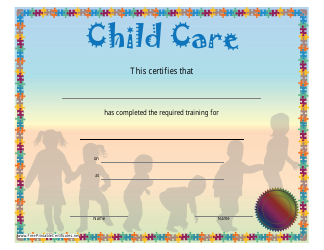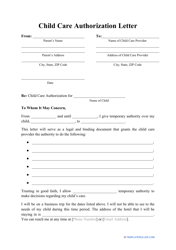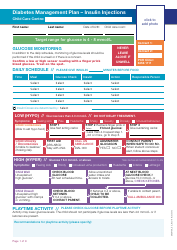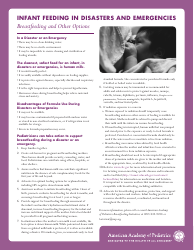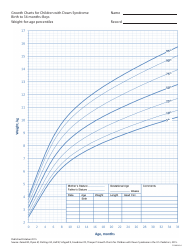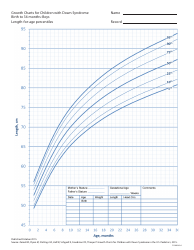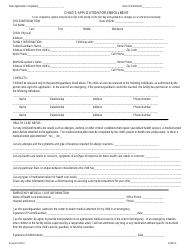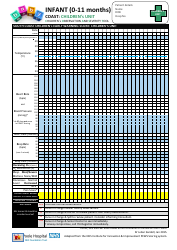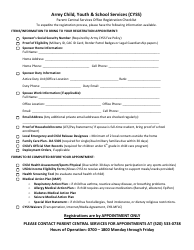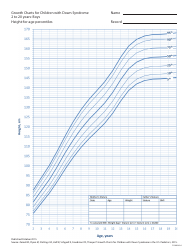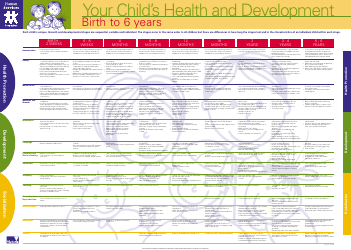Family Child Care Enrollment Packet
The Family Child Care Enrollment Packet is a document that provides essential information and forms for parents who want to enroll their child in a family child care program. It helps parents understand the program's policies, procedures, fees, and requirements, and facilitates the enrollment process.
The family child care provider typically files the Family Child Care Enrollment Packet.
FAQ
Q: What is a Family Child Care Enrollment Packet?
A: A Family Child Care Enrollment Packet is a collection of forms and documents required for enrolling a child in a family child care program.
Q: What forms are typically included in a Family Child Care Enrollment Packet?
A: Typically, a Family Child Care Enrollment Packet includes forms such as an application form, emergency contact information, medical consent form, parent handbook acknowledgment, and confidentiality agreement.
Q: Why is a Family Child Care Enrollment Packet necessary?
A: A Family Child Care Enrollment Packet is necessary to ensure that important information about the child is collected, emergency procedures are understood, and necessary consents are obtained.
Q: What should I do with the completed forms in the Family Child Care Enrollment Packet?
A: The completed forms in the Family Child Care Enrollment Packet should be returned to the family child care provider before the child's enrollment begins.
Q: Are there any fees associated with a Family Child Care Enrollment Packet?
A: There may be fees associated with a Family Child Care Enrollment Packet, such as an application fee or a deposit. These fees vary depending on the specific family child care provider.
Q: What information should I provide in the Family Child Care Enrollment Packet?
A: You should provide information such as the child's full name, date of birth, emergency contact information, medical history, and any special instructions or requirements for the child.
Q: Is a Family Child Care Enrollment Packet required by law?
A: The requirement for a Family Child Care Enrollment Packet may vary by state or jurisdiction. It is advisable to check with the local licensing agency or regulatory body to determine the specific requirements in your area.
